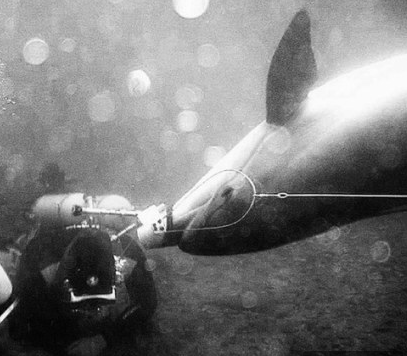 Technology that remotely makes a stolen smartphone useless could save
American consumers up to $2.6 billion per year if it is implemented
widely and leads to a reduction in theft of phones, according to a new
report...
Technology that remotely makes a stolen smartphone useless could save
American consumers up to $2.6 billion per year if it is implemented
widely and leads to a reduction in theft of phones, according to a new
report...Americans currently spend around $580 million replacing stolen phones each year and $4.8 billion paying for handset insurance... (more)
Do you really think phone and insurance companies are going to kill this goose?












